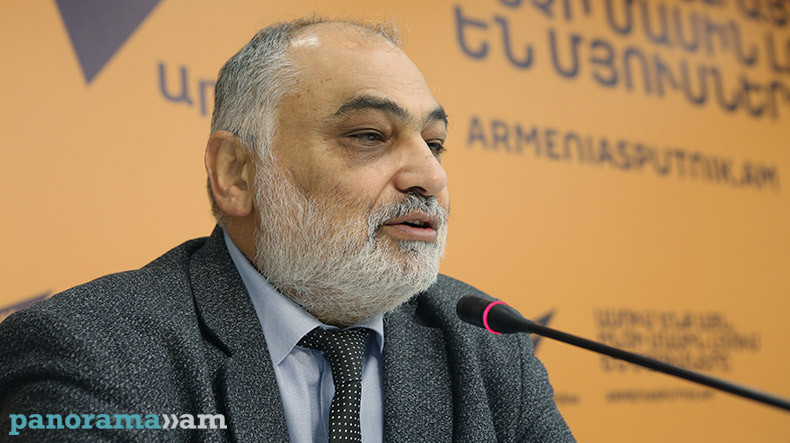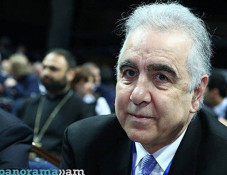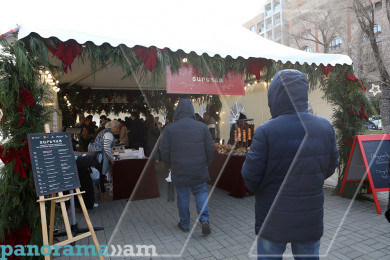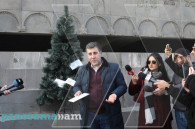
Ruben Safrastyan: ‘Unprecedented’ struggle taking place in Caucasus region
There is a struggle for a new status quo in the Caucasus region, an academician of the National Academy of Sciences (NAS), Doctor of History, Professor Ruben Safrastyan said at the international conference “Armenia and the Region: Lessons, Reevaluations, Prospects" dedicated to the 100th anniversary of the 1921 Moscow and Kars Treaties hosted by the NAS on Tuesday.
Safrastyan's report covered the topic “Regional Military-Political Developments at the Present Stage”.
In the professor’s words, the struggle that is taking place for the geopolitical status in the region is “unprecedented”, because for the first time Russia is not independently establishing this status quo, but has to reckon with Turkey.
"I attribute this situation to the fact that Russia made a grave geostrategic mistake when in the spring and summer of 2020 it did not prevent Turkey from supplying modern weapons to Azerbaijan, transferring mercenaries to Azerbaijan, and strengthening the Turkish military presence in the region as a whole,” he said.
“In fact, this is how Turkey predetermined Azerbaijan's victory in the Artsakh war. It allowed Turkey to interfere and play its role in the struggle taking place in our region," Safrastyan noted.
In this context, he drew attention to some similarities with 1920-1921, saying Russia can no longer “control the region” alone and is forced to cooperate, but also struggle with Turkey to some extent.
Safrastyan underlined that because of its mistake Russia actually has to reckon, negotiate or bargain with Turkey, being unable to manage the developments in the region alone.
"Russia has achieved its goal tactically by deploying peacekeeping forces [in Artsakh]. If we look at the map, we can see that Russian forces are deployed on the territories of Azerbaijan, Armenia, Georgia, that is, Russia maintains its influence in the region, relying on the military,” he stated.
“Russia is actively starting to push ahead with the plan of unblocking transport links, which is an economic factor to try to maintain stability in the region. Indeed, Russia is interested in a stable situation in the region and Artsakh remaining Armenian for it to be the ruling force in our region.
“However, the historical experience and modern experience shows that in such acute situations, efforts to use economic factors are of no use. It is impossible to influence geopolitical and geostrategic developments based on economic interests," the historian said.
Newsfeed
Videos






























